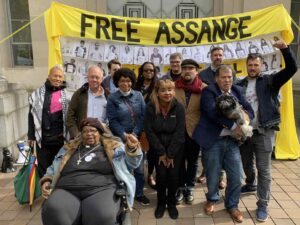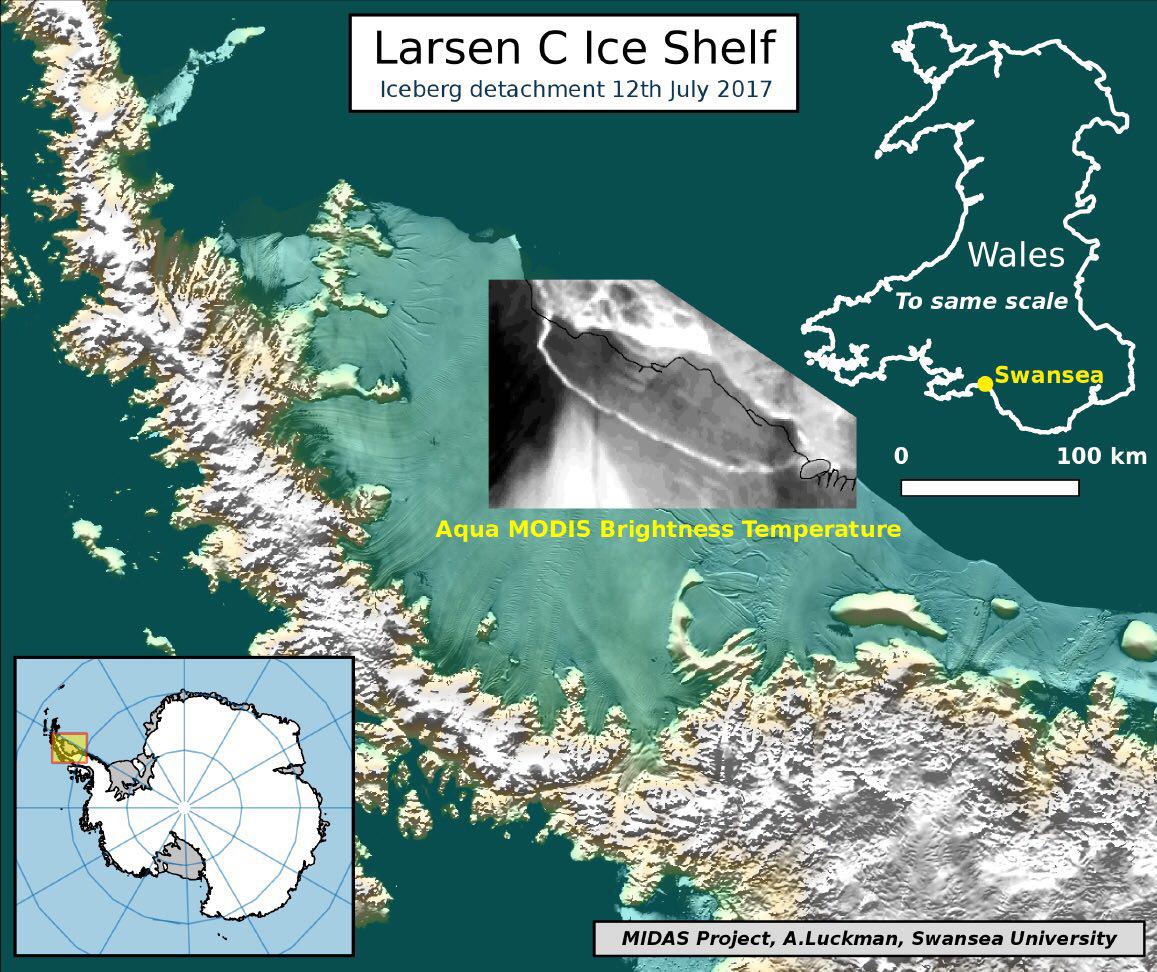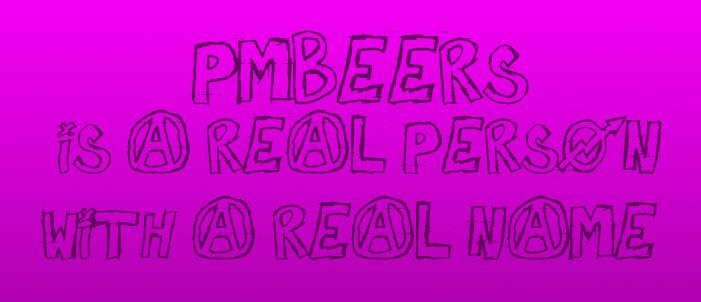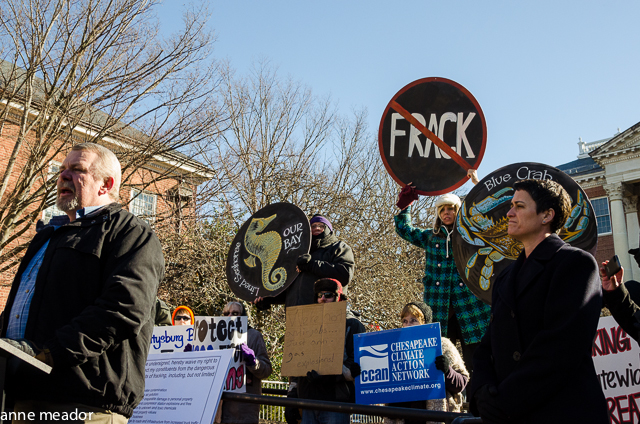
Washington DC—A who’s who list of press-freedom activists and journalists assembled outside the U.S. Department of Justice on Saturday to demand Attorney General Merrick Garland drop charges against the Wikileaks journalist Julian Assange and not extradite him to the U.S. where he would face charges under the Espionage Act. Assange has been imprisoned in strict solitary confinement at London Belmarsh prison for 3 years where he has faced tortuous psychological mistreatment for his role in the Wikileaks release of thousands of documents during the Iraq and Afghanistan Wars.
Assange supporters carried a city block-long yellow banner around the Department of Justice while chanting “Free Julian Assange.” It was the fourth time this year they rallied at the Department of Justice in support of the Wikileaks founder and journalist. The action drew more supporters than had been present in all the previous actions there and demonstrated public interest in his release was expanding. A similar action was organized by Stella Moris on the same day around Parliament in London. Over 5000 joined hands circling the seat of government there to demand Assange be released from Belmarsh prison. Moris, an attorney and member of Assange’s legal team, married Assange earlier this year while he was in Belmarsh prison. She previously had two sons by Assange but kept knowledge of this a secret in order to protect them.
Up to now Julian Assange and his legal team have successfully avoided his extradition to the U.S. but it has come at great cost to him physically, emotionally, and psychologically. His wife recently said his health was deteriorating and he had contracted Covid late last weekend.
Over two-dozen well-known journalists and press freedom activists spoke to hundreds who had assembled at the DoJ on his behalf, condemning Merrick Garland and the curtain of secretive intelligence operatives behind him for their role in pursuing charges against Assange. One by one they faulted legal aspects of the extradition proceedings against him and the pending charges, of which if convicted, could carry a 175 year sentence tantamount to a death sentence. They argued the pursuit of Assange threatens press freedoms by undermining a major pillar of democracy—a provision in the First Amendment that the press must be free to report and watch over government. Without a free press government officials cannot be properly examined for wrong doing.
A free press exposed the Watergate scandal during the Nixon Administration, bringing it down and holding responsible those for wiretapping Democratic National Committee (DNC) telephones at its Watergate headquarters in the run up to the 1972 presidential election. A free press also exposed their ensuing attempts to cover up their wrong-doing. It was then established that had the journalists not been able to pursue the story of those responsible for the break-in at the DNC, Nixon could have gained unbridled power to do as he pleased in government.
A free press was also responsible for exposing the Iran-Conta arms trade scandal in 1986 during the Reagan Administration. The bombshell revelations resulted in Congressional hearings showing a secret agreement between the White House and interagency intelligence groups, trafficked hardware in violation of an arms embargo then in effect against Iran. Such stories were the result of a free press having a constitutional right to report what information they develop and keep in check those in power who would stray from constitutional principles of governance.
When Chelsea Manning released thousands of classified documents to Wikileaks without authorization, she exposed war crimes such as the Collateral Murder video that would have remained cloaked in secrecy at the behest of intelligence agencies. Information about the video exposed the dark underbelly of U.S. involvement in Iraq, it illuminated Iraq war crimes, and it shredded the fabric of diplomacy between Iraq and the U.S. It also led the U.S. to eventually withdraw from that war after Iraqi public opinion soured against the U.S. military being there.
There were other truths released on the Wikileaks website that embarrassed the George W. Bush Administration. Among them was the existence of a secret imprisonment facility at Guantanamo Bay and secret methods of torture by U.S. agents of hundreds of detainees rendered from foreign countries during the War on Terror. It was on this Cuban soil where detained insurgents were held for years without trial according to the secret documents released to the public on Wikileaks. The trove of documents also exposed “black site” locations and intelligence agency operations and diplomatic cables.
This placed Julian Assange in the crosshairs of efforts to prosecute him for Chelsea Manning’s massive document dump. The CIA surveilled Assange through cameras inside the Ecuadorian Embassy in London where he sought and was granted political asylum. Later he was made a citizen of Ecuador, while still holed up in its embassy. Under pressure from the U.S. Government, and against Ecuadorian law, Ecuadorian President Moreno stripped Assange of his citizenship to pave the way for his illegal arrest and kidnapping on April 11, 2019. It was during this period when the CIA planned and attempted to kidnap him but he was immediately arrested by police in London once Ecuador rescinded its citizenship and expelled him from its embassy.
The wikileaks founder was cast as a hero among free press advocates and journalists in independent media circles for exposing the truth about wars in the Middle East and the lengths intelligence agencies will go to cover up war crimes. He has been awarded dozens of international awards for journalism and taking a stand against war and human rights violations through his reporting. He has been nominated for the Nobel Peace Prize eleven times.
Voices For Assange and a Free Press
Speakers focused on the free press as essential to the fabric of a republic to hold responsible those in power for what they do or do not do to maintain democratic norms.
Chris Hedges, a long time journalist and writer, and former war correspondent in the Middle East, spoke from prepared comments, saying that the intelligence agencies such as the CIA were ultimately behind attempts to prosecute Assange for violating the Espionage Act and the Department of Justice was carrying out their orders. “Merrick Garland and those who worked in the Justice Department were the puppets and not the puppet masters.” The prosecution and persecution of Assange was not based on law but on revenge, said Hedges. “Because the machine of this modern leviathan was exposed by Julian and Wikileaks, the machine demands revenge.”
Hedges raised jurisdictional issues, arguing it made no sense for the U.S. to prosecute a journalist from a foreign country for a law not applicable to him from another country. And to chase him down eviscerated any conception of a free press in this republic.
A published report claims the CIA planned to abduct and kidnap Assange from the Ecuador embassy in London by spying on him through cameras in the embassy. The spy agency also planned to assassinate Assange.
Esther Iverem, producer of the Pacifica program radio show, On The Ground, Voices of Resistence, said that it was good to stand up for Julian Assange if one believed in a free press. In speaking indirectly to past administrations that have sought to extradite Assange, she said, “You may try to silence Julian Assange but the thing about facts is facts don’t die. They don’t change. They don’t become un-facts. They don’t become untrue.”
John Kiriakou, a former CIA Intelligence Officer and whistleblower who exposed secret waterboarding torture methods used against prisoners taken during the Afghanistan and Iraq Wars, and was subsequently prosecuted under the Espionage Act for going public about this fact, said that the public needed to show up for Julian Assange because not defending him would inevitably threaten the rights and freedoms of everyone. He pointed out the CIA engaged in torture programs, secret rendition and kidnapping programs, and established secret global black box facilities where prisoners were held, and could not be trusted because they publicly lied about the existence of all these programs. He said also they were lying when they (Pompeo) said that Julian Assange would be given a fair trial in the Eastern District of Virginia. “It’s up to us to be there for Julian Assange. A crowd like this has to be in front of the court house in Alexandria, Virginia. We have to be there every day doing our part,” he said.
Kiriakou lamented the growing possibility of Assange being brought to the U.S. “A fair trial is impossible for a bunch of reasons. The CIA actively sought to kidnap Julian Assange and surreptitiously bring him to the United States probably to be killed,” he said. “The CIA bugged the Ecuadorian Embassy with audio and video so they could spy on Julian Assange while he met with his attorneys to use the information against him in the United States,“ said Kiriakou.
Kiriakou ended by saying hello to and welcoming the FBI agents who had discretely shown up to surveil the demonstration. “Maybe you’ll learn something from us,” he said.
Short video of the rally and a few comments from several of the speakers is at the foot of this story.





